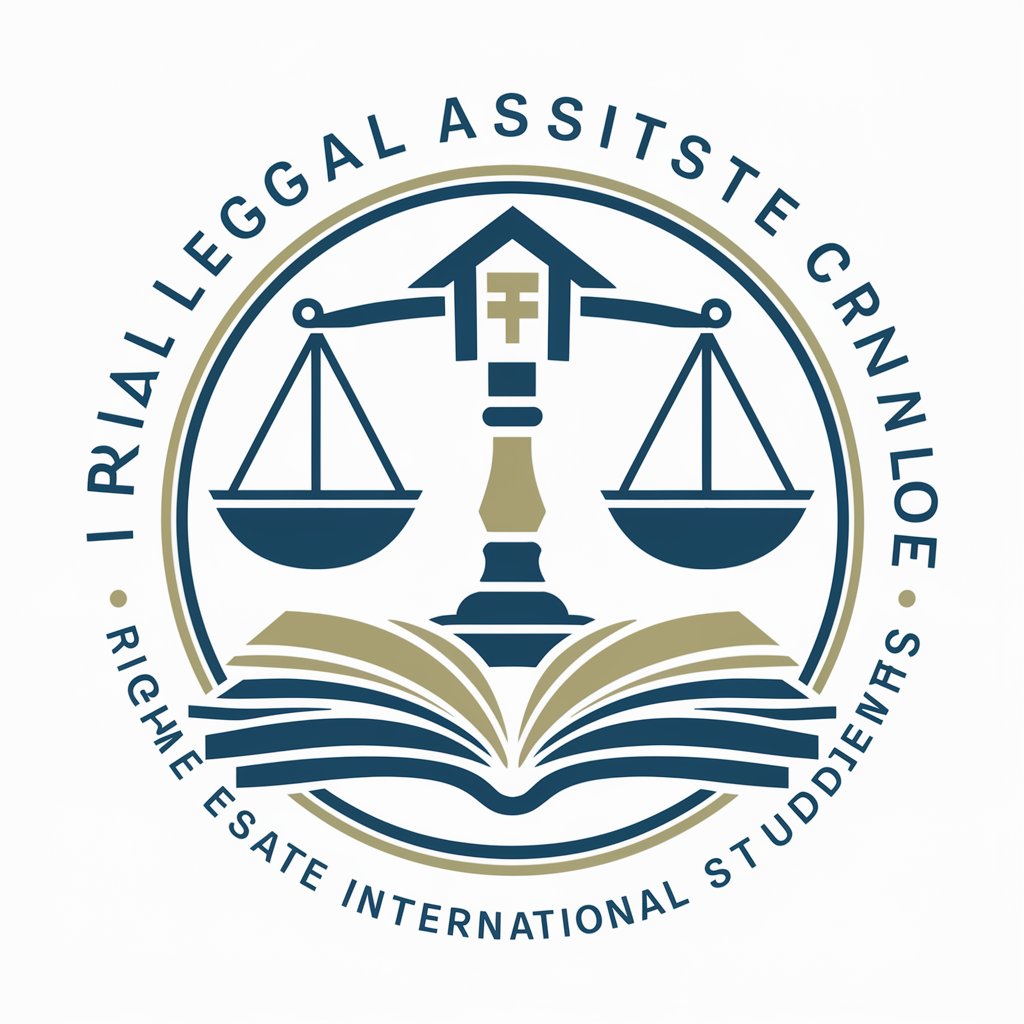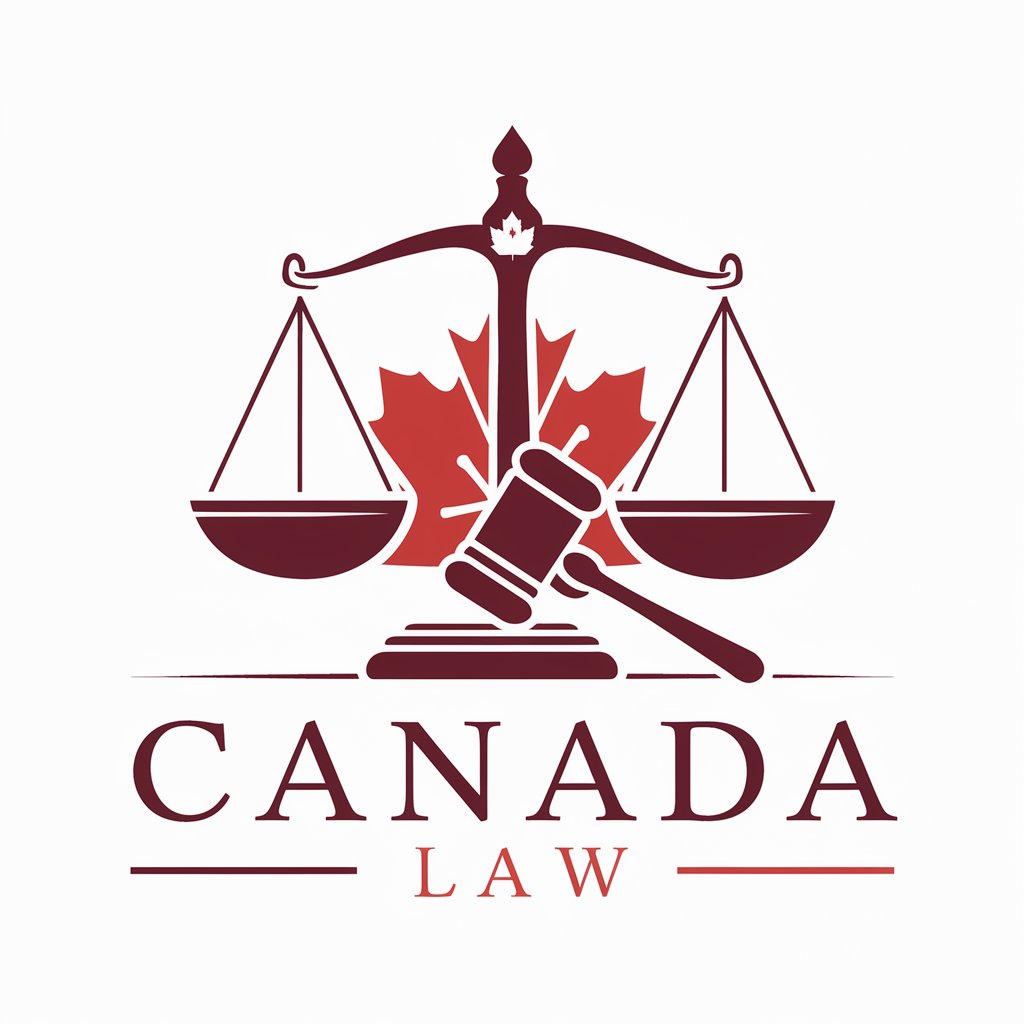
BC rent related laws - Comprehensive BC Housing Law Guide

Welcome! I'm here to assist with your housing and real estate questions in BC.
AI-powered British Columbia Tenancy Law Assistant
What are the key points of the Residential Tenancy Act?
How does the Real Estate Services Act affect renting in BC?
Can you explain the rights of international students in BC housing?
What steps should I take if I have a dispute with my landlord?
Get Embed Code
Overview of BC Rent Related Laws
British Columbia's rent-related laws are primarily governed by the Residential Tenancy Act and the Real Estate Services Act. These laws are designed to provide a clear framework for rental relationships between landlords and tenants, ensuring rights and obligations are well-defined for both parties. For instance, the Residential Tenancy Act covers aspects like rent increases, security deposits, and dispute resolution processes, ensuring tenants have protections such as the right to a safe and habitable living environment and the requirement for proper notice before eviction. Meanwhile, the Real Estate Services Act regulates real estate professionals and their practices, ensuring ethical and professional standards are met in the provision of real estate services. An example scenario illustrating these laws in action is a tenant disputing an unjustified rent increase. Under the Residential Tenancy Act, the tenant can formally challenge this increase through the Residential Tenancy Branch, using the Act's guidelines to ensure the process is fair and grounded in law. Powered by ChatGPT-4o。

Key Functions of BC Rent Related Laws
Protection of Tenant Rights
Example
Ensuring tenants can live in a safe and well-maintained property, with rights to privacy and security.
Scenario
A tenant finds their rental property has not been adequately maintained, violating their right to a habitable living environment. The tenant uses the guidelines provided by the Residential Tenancy Act to request necessary repairs from the landlord, outlining the legal obligation for property maintenance.
Regulation of Rent Increases
Example
Limiting how often and by how much a landlord can increase rent, ensuring increases are predictable and fair.
Scenario
A landlord wishes to increase the rent for a current tenant. The Residential Tenancy Act requires the landlord to provide three months' notice and caps the increase at a percentage set by the government annually, ensuring the tenant is not subjected to sudden and excessive rent hikes.
Dispute Resolution
Example
Offering a formal process for resolving disputes between landlords and tenants, aiming for fair and lawful outcomes.
Scenario
A dispute arises over the return of a security deposit at the end of a tenancy. The tenant believes the deduction made by the landlord is unjustified. Through the Residential Tenancy Branch's dispute resolution process, both parties present their case, and a decision is made based on evidence and the law.
Regulation of Real Estate Professionals
Example
Ensuring real estate agents and property managers meet professional and ethical standards.
Scenario
A potential tenant is seeking a rental and engages a real estate agent. The Real Estate Services Act ensures the agent acts in the client's best interest, providing transparency and fairness in services like property showing, lease agreement terms, and fees.
Target User Groups for BC Rent Related Laws Services
International Students
International students often navigate the rental market for the first time and may be unfamiliar with BC's legal landscape regarding tenancy. These laws offer a guide and protection, ensuring they understand their rights and responsibilities, and can seek redress in disputes.
First-time Landlords
Individuals newly renting out property may not be familiar with their obligations under the law. BC rent-related laws provide essential information on how to comply with regulations, conduct fair rent increases, and handle tenancy agreements legally and ethically.
Tenants Seeking Affordable Housing
Tenants, particularly those seeking affordable housing options, benefit from understanding their rights under the Residential Tenancy Act, which includes protections against unfair eviction, rent increase regulations, and the maintenance of living standards.
Real Estate Professionals
Professionals in real estate need to navigate these laws to provide services ethically and legally. Understanding the Real Estate Services Act is crucial for maintaining professional standards and ensuring client trust and satisfaction.

Guide to Using BC Rent Related Laws
Initial Step
Begin by visiting yeschat.ai for a free trial, no login or ChatGPT Plus subscription required.
Identify Need
Determine the specific housing issue or question you have regarding tenancy or real estate in British Columbia.
Seek Information
Utilize the chat to ask specific questions about the Residential Tenancy Act or Real Estate Services Act.
Review Responses
Carefully read the provided information, ensuring it applies to your situation.
Follow-Up
For complex issues, consider seeking professional legal advice; use the information as a preliminary guide.
Try other advanced and practical GPTs
Related Text Keyword generator
Unveil relevant keywords with AI magic

Relase notes
Streamlining update documentation with AI

Relat
Empowering Relationships with AI

RELATO
Crafting stories with AI-powered guidance

Rebate Consultant
Maximize your home's energy potential with AI.

Relate & Elevate
Elevate your relationships with AI

Work Related
Simplify writing with AI-powered rephrasing

Excel-related Research intper.
Empower your data analysis with AI

ResearchGPT
Empowering Insights with AI

ResearchGPT
Empowering Research with AI-Driven Insights

ResearchGPT
Unlocking Insights with AI-Powered Research

ResearchGPT
Empowering research with AI intelligence

Frequently Asked Questions on BC Rent Related Laws
What are the rights of a tenant in BC?
Tenants in BC are entitled to rights such as security of tenure, reasonable privacy, and a safe living environment, as outlined in the Residential Tenancy Act.
How does one handle a rent increase in BC?
Rent increases in BC must adhere to the guidelines set by the Residential Tenancy Branch, including proper notice and annual increase limits.
What are the responsibilities of a landlord in BC?
Landlords must provide a habitable living environment, respect tenants' rights to quiet enjoyment, and comply with health, safety, and housing standards.
How can I resolve a tenancy dispute in BC?
Tenancy disputes can be resolved through direct negotiation, mediation, or, if necessary, through the Residential Tenancy Branch's dispute resolution process.
What is the Real Estate Services Act in BC?
The Real Estate Services Act regulates real estate professionals, ensuring ethical and professional standards are maintained in real estate transactions.





